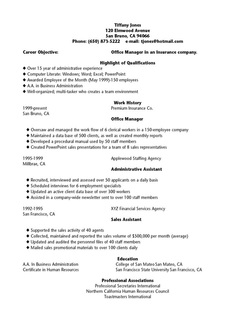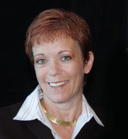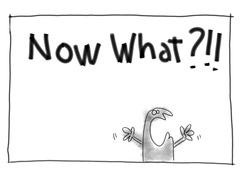
experience and perhaps even some personal questions.
As candidates, we have to sell ourselves and be on our best behavior. We sell ourselves the best we can to get that job. The Interviewer has to like you to either hire you outright or to advance you to the next step in the interviewing process.
The question now is, “Why can’t I ask questions of the interviewer to see if I like the company?” Have you thought of that? We are so desperate for a job that we forget that small factor. We say we will take any job that is out there. Why? The question at the end of the day is “Do I like the job that is being offered to me? Some people say, “It doesn’t matter to me. It’s a JOB!”
Take on a new attitude. It’s perfectly appropriate to try to determine if the company or this job fits your needs, to see if you like the employer and the company. Here are some examples of questions you can ask.
- Where do you see me 3 years from now?
- How long have you been with the company?
- What direction do you see the company going in? (Is the company planning to expand within the next few years?)
- What is a typical day for this position?
Don’t bombard them with a lot of questions - just ask the ones that are most important to you. And always try to relate your question with your experience so that they can see how you fit in. For example:
YOUR QUESTION: “Where do you see me in 3 years from now?”
INTERVIEWER’S REPLY: “As you gain more experience in this position, you will be able to take on more responsibility.”
YOUR RESPONSE: “That is terrific. I am looking for a stable company like yours, one which offers me a career, not just a job. Your company sounds as though it will give me that opportunity.”
This elevates the interview from a question and answer session to a conversation, and you will be more likely to favorably impress them.
This is just one example of how asking questions in the proper way will enhance your chances of getting the job.
YES YOU CAN ASK QUESTIONS!
Good luck!
2011- Cindy Cannon – All rights reserved. ©
Reprint Permission Granted* - See details below
*Permission is granted to reprint this article provided that the bio on the side and contact information are included in the publication and a copy of the reprinted article or a link to it is emailed to [email protected]






 RSS Feed
RSS Feed
